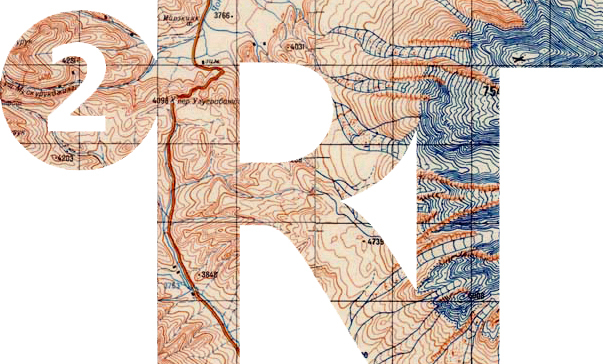- 1. The summit of Mount Everest is only just lower than the cruising altitude of a jumbo jet.
- 2. A Sherpa has the record for the longest stay on the summit, a frostbite-inducing 21 hours, which was achieved by Babu Chiri Sherpa in 1999.
- 3. In 1856, the mountain was named after George Everest, a retired Surveyor General who never even saw the peak.
- 4. The first two men to snowboard down Everest were the Frenchman Marco Siffredi and Austrian Stefan Gatt in May 2001. In September 2002 Mr Siffredi attempted to descend the mountain a second time, choosing the steepest and most hazardous route. However, this proved to be a challenge too far, and he disappeared midway through the descent.
- 5. The oldest person to climb Everest is 80 year-old Yuichiro Miura of Japan.
- 6. It normally takes around 12 hours to climb the final mile from the highest Base Camp to the summit.
- 7. The temperature at the summit never rises above freezing, averaging -36C in winter and -19C in summer.
- 8. Every year the mountain grows taller by 4mm as a result of the upward thrust generated by two opposing tectonic plates.
- 9. Everest has now even been mapped by Google, although it did not get to the summit. In 2011, a team spent 12 days walking more than 70 miles to reach Everest base camp to capture images for Google maps.
- 10. Eight tonnes of rubbish collected from the slopes of Everest (including the remains of a helicopter) were turned into works of art and sculpture to highlight the issue of littering on its slopes. It took 65 porters and 75 yaks to carry down the rubbish from the mountain over two spring expeditions.
source: www.telegraph.co.uk


No comments:
Post a Comment